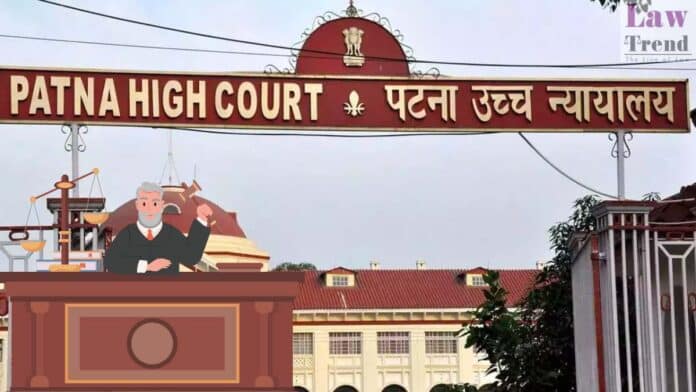In a significant decision, the Patna High Court has ruled that probate proceedings cease upon the death of the executor, setting aside a contentious trial court order that allowed a defendant to be transposed as a plaintiff in a case involving an unregistered will. Justice Arun Kumar Jha’s detailed judgment not only reinforced the limits
To Read More Please Subscribe to VIP Membership for Unlimited Access to All the Articles, Download Available Copies of Judgments/Order, Acess to Central/State Bare Acts, Advertisement Free Content, Access to More than 4000 Legal Drafts( Readymade Editable Formats of Suits, Petitions, Writs, Legal Notices, Divorce Petitions, 138 Notices, Bail Applications etc.) in Hindi and English.







